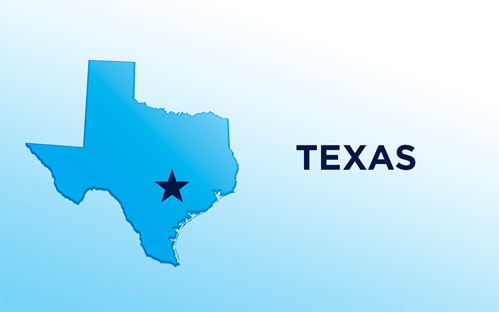A federal judge in Memphis, just before the start of the new year, blocked Tennessee’s effort to protect minors from online pornography. It’s the latest move in judicial entanglements with porn supporters and conservative states across the country. The fight continues Wednesday when the Supreme Court hears the Texas case of Free Speech Coalition v. Paxton.
The Free Speech Coalition is the signatory in the Tennessee case and has said it is challenging similar laws in Louisiana, Utah, Indiana, Montana and Florida, The Times Free Press of Chattanooga, Tenn., reports.
The Texas case, like Tennessee’s, centers on a Texas law that requires websites to verify users’ ages before they can access adult content.
The Tennessee law, in the opinion of Obama-appointed Judge Sheryl H. Lipman, is doomed to fail. “The Protect Tennessee Minors Act stands in a graveyard full of similar content-based restrictions at the state and federal level that lived and died before it,” she wrote.
“The legislature has a compelling interest in protecting children from harmful content, and that is uncontested, but in its attempt to protect children, the state will unavoidably suppress a large amount of speech that adults have a First Amendment right to give and receive,” Lipman added.
 The law does not ban offensive content but instead requires age verification from users seeking to access it. This could be done by requiring users to submit a valid photo ID. It could also be done with store-front porn purchases by use of scratch cards for legal adults to access a password for a porn-providing website.
The law does not ban offensive content but instead requires age verification from users seeking to access it. This could be done by requiring users to submit a valid photo ID. It could also be done with store-front porn purchases by use of scratch cards for legal adults to access a password for a porn-providing website.
“The Protect Tennessee Minors Act is intended to make sure that only adults are able to access explicit, obscene material on the internet. Right now, there's evidence all over the place of children who can access some really disturbing and horrible stuff with virtually no effort. It just pervades the internet,” Tennessee Attorney General Jonathan Skrmetti said on Washington Watch Wednesday.
Not breaking new ground here
Age-verification methods are a common practice to prevent under-age users from accessing adult material. They’re mandated in several states and are recommended by industry standards to promote a safe online environment.

“There are all sorts of privacy protections for adult information used for age verification. But protecting our kids from the psychological impact of ready access to these materials is an incredibly compelling reason for the state to do this," Skrmetti told show host Tony Perkins. "This law just seeks to make sure that kids can't see what kids shouldn't see.”
In Tennessee, the law was passed with bipartisan support. “Every single member of the Tennessee General Assembly either voted for it or didn’t vote,” Skrmetti noted.
There are federal age minimum requirements to purchase alcohol, tobacco and firearms. Protection of minors from pornography, however, is unchecked at the federal level. The primary argument from critics, the AG explained, is free speech.
“The First Amendment is very important, a cornerstone of our American Republic; but they read free speech very broadly. At the end of the day, the First Amendment does not apply to obscenity, and a lot of the material out there is obscene by definition,” Skrmetti argued.
He cited the opinions of liberal Supreme Court justices going back decades.
“If you look at very liberal justices back in the 60s, Justice [William] Brennan – who was perhaps the most liberal justice of all on free speech – had no problem with limiting kids’ access to pornography.”
 Skrmetti contended that case law supports the Protect Tennessee Minors Act. “But there are people out there, some maybe self-servingly, who say that even trying to restrict kids’ access to this material poses a grave threat to free speech and must be stopped.”
Skrmetti contended that case law supports the Protect Tennessee Minors Act. “But there are people out there, some maybe self-servingly, who say that even trying to restrict kids’ access to this material poses a grave threat to free speech and must be stopped.”
Eyes of Tennessee upon Texas
Next week’s ruling in the Texas case could impact the Tennessee law as it works its way through litigation.
“We’re optimistic the Supreme Court is going to say that ‘Of course, states can require age verification,’” Skrmetti said. “That’s not a constitutional obstacle, and our hope would be that will trickle back down through the Sixth Circuit and through the trial court to validate our law and allow us to proceed with enforcement.”







